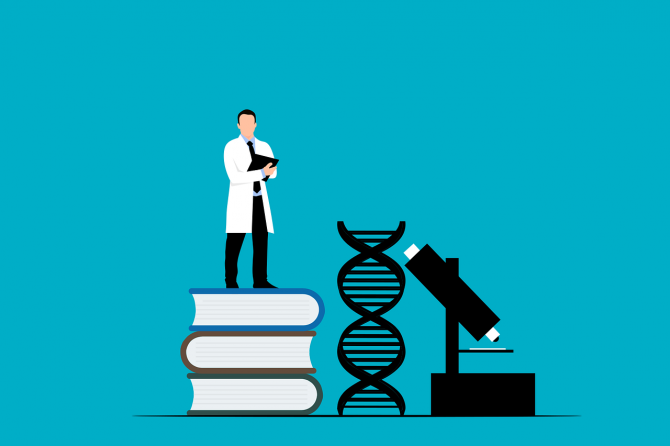
Crafting a Healing Diet for Autoimmune Diseases
Autoimmune diseases are complex conditions where the body’s immune system mistakenly attacks its own healthy cells. These diseases can manifest in various forms, including rheumatoid arthritis, lupus, multiple sclerosis, and celiac disease, among others. While medical treatments play a crucial role in managing autoimmune diseases, adopting a healing diet can also significantly impact the symptoms
Read more







